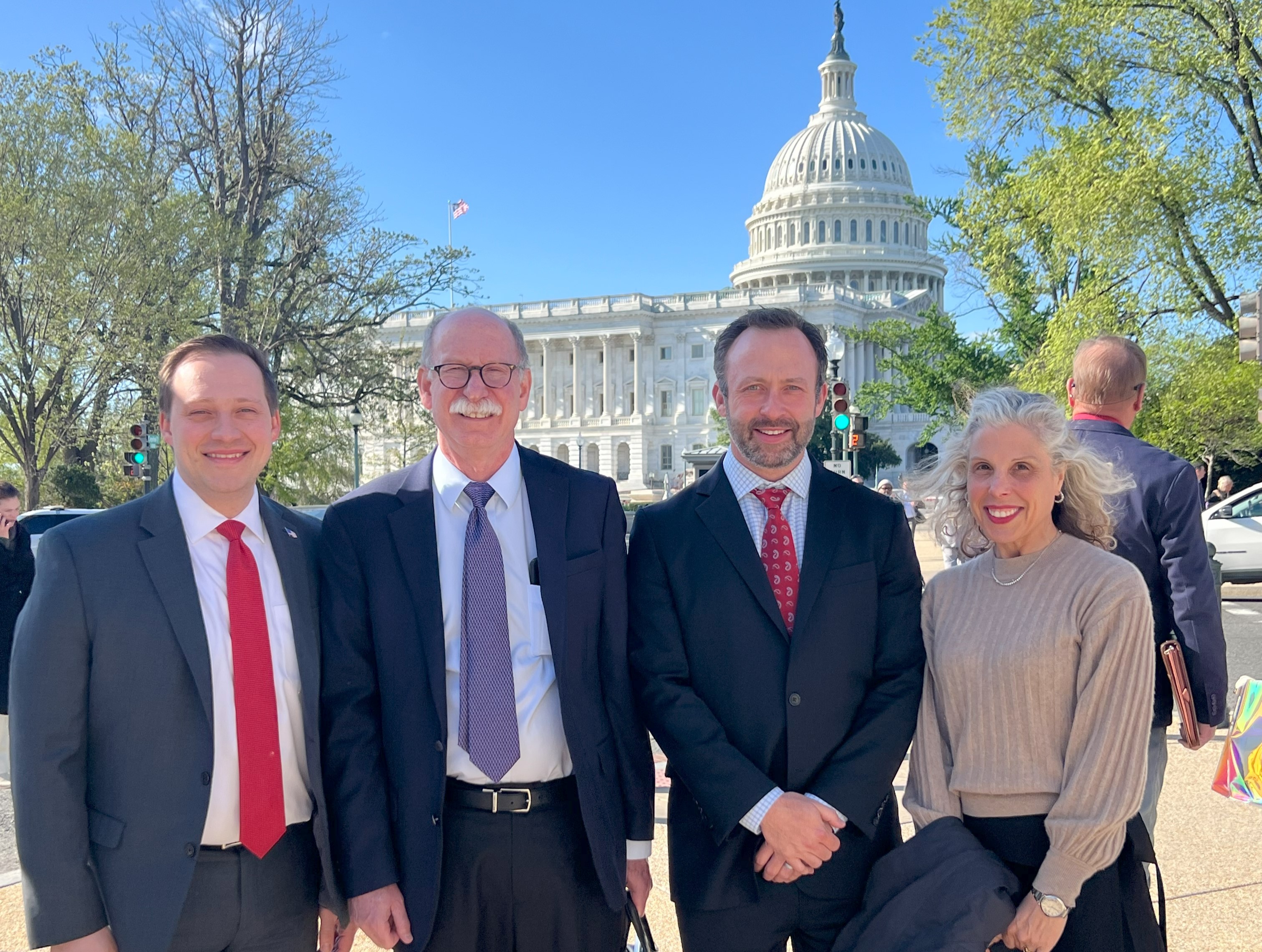LUGPA Policy Brief: Reforming the 340B ProgramMay 2024 As the healthcare landscape evolves, LUGPA remains steadfast in advocating for policies ensuring accessible, high-quality care, particularly for underserved communities. The 340B Program, aimed at providing discounted medications to safety-net hospitals and clinics, has experienced significant uptake. However, recent developments underscore the need for careful consideration to maintain the program's integrity and effectiveness. Since its inception in 1992, the 340B Program has grown substantially, with an increasing number of participating providers, notably hospitals. While instrumental in delivering essential care to vulnerable populations, concerns have arisen regarding potential misuse by certain hospitals, leading to unintended consequences like market consolidation and increased costs. Both the Trump and Biden administrations have taken steps to address these concerns, but controversy persists, highlighting the necessity for comprehensive reform to ensure the program's sustainability and equitable distribution of benefits. Several key developments have shaped the discourse around the 340B Program. Firstly, the Supreme Court's ruling favored hospitals challenging payment reductions by CMS. Additionally, CMS's $9 billion plan to reimburse 340B providers has stirred controversy due to funding clawbacks from other hospitals. Legal challenges against drugmakers' restrictions on 340B discounts have also emerged as significant factors. Furthermore, bipartisan reform legislation like the SUSTAIN 340B Act has been introduced, aiming to enhance program transparency, accountability, and patient access. In response to these developments, LUGPA actively advocates for significant 340B Program reform. Recognizing concerns regarding hospital consolidation, increased costs, and program integrity, our recommendations include restricting 340B eligibility for hospital-acquired physician practices, linking Medicare payments to acquisition costs, and enforcing charity care minimums while refining patient definitions for targeted assistance. These measures are pivotal in ensuring the program's effectiveness and equitable distribution of benefits. In late March, LUGPA drafted and disseminated a letter to Senate healthcare leaders, urging their support for much-needed reforms to the 340B Program. This letter emphasized the need for clarifying patient eligibility criteria, addressing ‘child sites,’ and undertaking CMS’ previous recommendation for a survey of hospital drug acquisition costs under the program. LUGPA recommends that legitimate 340B patients be defined as those with a demonstrable clinical connection to the hospital, having received care from the hospital's employees within a specified timeframe. Moreover, manufacturers should have the ability to recoup discounts provided for drugs dispensed to individuals who do not meet this definition. To enforce this, HRSA must be empowered with enhanced audit authority to ensure compliance and prevent misuse. The proliferation of ‘child sites’ without commensurate benefits to underserved communities raises concerns about the equitable distribution of 340B program benefits. LUGPA supports legislative efforts to reform child site practices, proposing measures to define child sites, track their utilization, and ensure they serve medically underserved or low-income areas. While we recognize the 340B program's critical role in expanding healthcare access, LUGPA emphasizes the need for reform to ensure sustainability and equitable distribution of benefits. The proposed legislative reforms offer pragmatic solutions to strengthen the program, safeguard patient interests, and uphold its original intent. LUGPA stands ready to collaborate with policymakers to enact these reforms for the benefit of all stakeholders.
|




